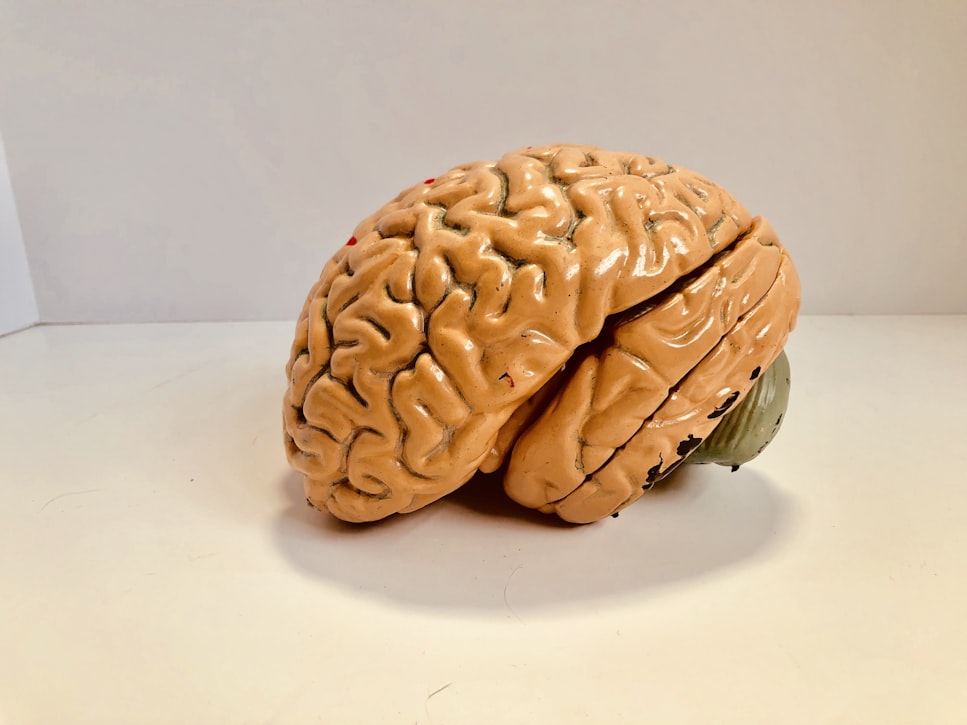Potential Therapy for Alzheimer Disease
A main characteristic of Alzheimer disease is an aggregate of a protein (peptide) clump in the brain leading to memory loss. A potential treatment method was recently proposed by Uppsala University researchers. The treatment involves the peptide somatostatin.
"So to be able to use somatostatin as a treatment, we fused it to a brain transport protein which allows the somatostatin to enter the brain. This has proved very effective. When we used the transport protein, we also saw that the time that the somatostatin remained in the brain increased to several days, which is fantastic," says Fadi Rofo, doctoral student at the Department of Pharmaceutical Biosciences and the study's first author.
Learn more about Alzheimer disease:
"The fact that we have seen that the effect is most evident in the hippocampus in particular is very good. Our hope is that this method will be able to act in a very targeted way and have few side effects, which have been a problem in other studies," says Greta Hultqvist, assistant professor at the Department of Pharmaceutical Biosciences, who led the research study.
Source: Science Daily









